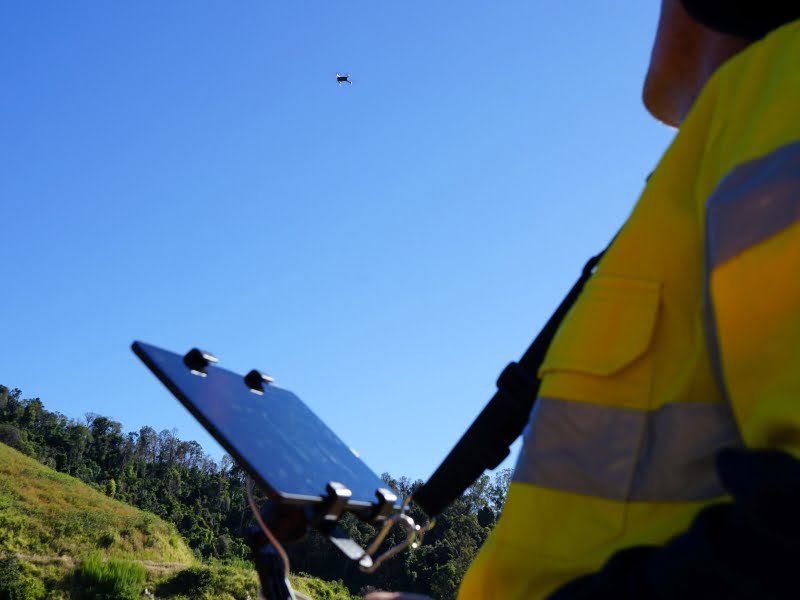
A lull in politics gives us some time to assess how the political parties are travelling, and since the May election result, most of the focus how been placed on the Coalition – the messages that it can take from their election loss and how they can become a better political party and return to office at some point in the near future.
But what are the lessons for the Labor Party? The did win the election, but victory tends to gloss over any problems a political party might have, and move those problems into the ‘too-hard’ basket. But both major political parties received record low primary votes in 2022 and while it’s possible to win elections through strategic preference voting flows, these types of election victories are difficult to navigate.

While it’s difficult to see the Liberal–National Coalition gaining enough traction over the next three years to pick up those 18 seats it needs to win the 2025 election, it’s easier to see Labor losing seats to Greens or other independent candidates. It’s something they need to be careful of, and their main opponents at the next election might be the Australian Greens and teal-styled independents, and not the Coalition.
And after being thoroughly outplayed on the Climate Change Bill, Peter Dutton has tried to get the Coalition into the climate change debates by throwing in nuclear energy into the mix, even though countless government reports have established that nuclear is not a viable industry in Australia. Including a report the Coalition commissioned in 2019, less than two years ago, which confirmed all of the findings of previous government reports.
If the Coalition had the courage of its convictions, it would have installed nuclear power many years ago – they’ve been in office for 51 of the past 73 years – as well as installing a nuclear reactor in each of their electorates. But they didn’t and never will. The time for nuclear energy in Australia was in the 1960s, and that time has passed. In 2022, it’s a conservative tool to wedge Labor and cause political trouble: that’s all it is.
It’s the gift that keeps giving to NSW Labor – John Barilaro, the man who is now claiming he’s “the victim” in the New York Trade Commissioner debacle, arguing that just because he changed the job from a public service appointment to a political appointment, it can’t be possibly argued that it was purely to benefit himself. Even though – lucky man! – he ended up being benefitted and was appointed as the New York Trade Commissioner. All purely on merit, apparently.
The worst part of this is that these political figures expect the public to believe these fantastic stories and accept them as truth. Politics in NSW has been corrupt for a long time, and it’s hard to see this changing. And Victoria is not too far behind, with corruption and misconduct apparent in both the government, and the opposition. Why is there so much corruption in state politics?
Music interludes:
Support independent journalism!

We don’t plead, beseech, beg, guilt-trip, or gaslight you and claim the end of the world of journalism is coming soon. We keep it simple: If you like our work and would like to support it, send a donation, from as little as $5. Or purchase one of our books! It helps to keep our commitment to independent journalism ticking over! Go to our supporter page to see the many ways you can support New Politics.
The post Lessons for Labor, Liberal’s nuclear error, and lucky Barilaro appeared first on New Politics.
This post was originally published on New Politics.

